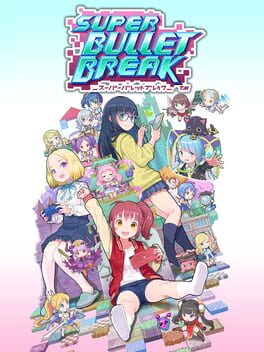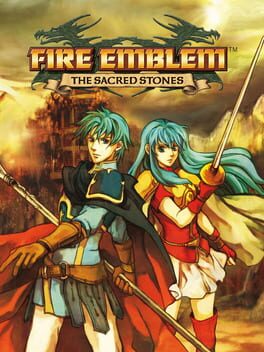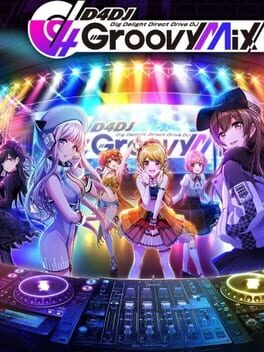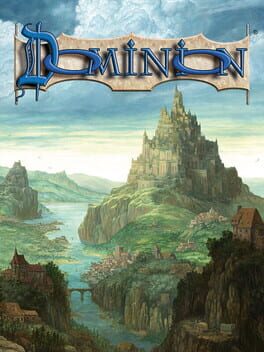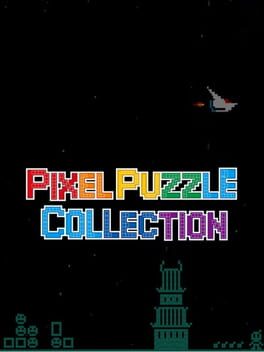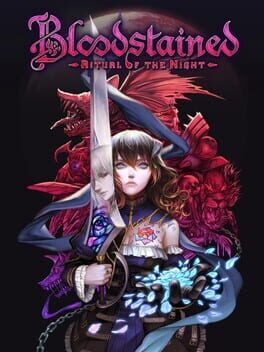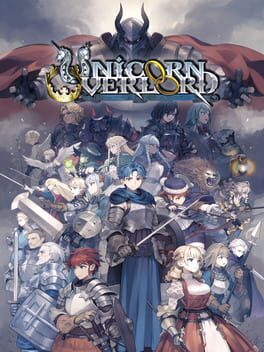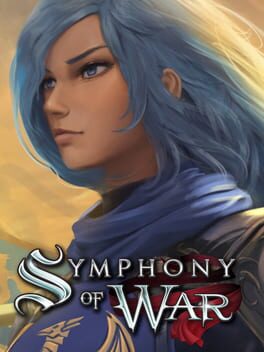Westrep
2023
Finally got around to trying a Bethesda RPG made by Bethesda (Sorry, New Vegas), and what better title than the hot new IP everyone's talking about.
Starfield is a fun game held back by its design to be an endlessly played game. The grind mindset manifests in many places; Vendors have little currency to trade at any one time. Multiple mechanics can be played with at an early level, such as crafting, base building, and stealth but all require multiple levels worth of points put into skills to be any good at them. Ingredients that are a pain in the ass to get whether you try to find a vendor that carries the product or find a planet that may or may not have what you're looking for. Having to repeat a certain endgame quest type over a dozen times, with almost no variation between them. These all come together into a product that not-so-gently nudges a playthrough into the hundreds of hours range.
Bethesda patched out player accessible vendor chests (free stuff) in a single player game before multiple story breaking bugs. Priorities, am I right?
Starfield is a fun game held back by its design to be an endlessly played game. The grind mindset manifests in many places; Vendors have little currency to trade at any one time. Multiple mechanics can be played with at an early level, such as crafting, base building, and stealth but all require multiple levels worth of points put into skills to be any good at them. Ingredients that are a pain in the ass to get whether you try to find a vendor that carries the product or find a planet that may or may not have what you're looking for. Having to repeat a certain endgame quest type over a dozen times, with almost no variation between them. These all come together into a product that not-so-gently nudges a playthrough into the hundreds of hours range.
Bethesda patched out player accessible vendor chests (free stuff) in a single player game before multiple story breaking bugs. Priorities, am I right?
2022
2020
2021
A pretty good digital port of a classic game. The base game is absolutely free, and it's good for a few rounds when you're in the mood. Expansions, however, are each separate payments and they're quite expensive to boot. If the DLCs ever go on sale for a reasonable price I'll raise my rating :p
Edit: I forgot that you can't manually pick the cards to be played with. If you feel strongly about certain cards or combos, this could be a deal breaker.
Edit: I forgot that you can't manually pick the cards to be played with. If you feel strongly about certain cards or combos, this could be a deal breaker.
It's very rare that I come out of an experience, smiling, and think to my self "Man, I wish they did less with that concept."
Ritual of the Night is a game that has a lot of everything. There are over one hundred demons to fill out the compendium, each with mostly unique materials, gear, and skill crystals. These drops fuel not only an extensive list of armor, accessories, and weapons, but also a complete menu of stat boosting food items. You will almost never not have something to look forward to in a casual playthrough.
Eventually, however, you will run into moments where the sheer amount of things get in the way of progression. Certain points of the story expect you to have a certain skill or weapon or armor piece, but both doesn't give you them from a boss and doesn't tell you about their existence. At this point you've been conditioned to expect story progressing items to come from bosses, so you easily overlook the many, many other items you get throughout the game.
I myself had to look up how to continue three times. There's a rather helpful video on YouTube that succinctly summarizes all the major confusing points of progression, which there were way more than three of.
Is it really fair to say that the inclusion of a wide variety of item and weapon types that works greatly for keeping the combat from becoming stale is executed poorly because I had to utilize freely available information less than a handful of times? Probably not, but who cares nobody's gonna read this lmao.
Ritual of the Night is a game that has a lot of everything. There are over one hundred demons to fill out the compendium, each with mostly unique materials, gear, and skill crystals. These drops fuel not only an extensive list of armor, accessories, and weapons, but also a complete menu of stat boosting food items. You will almost never not have something to look forward to in a casual playthrough.
Eventually, however, you will run into moments where the sheer amount of things get in the way of progression. Certain points of the story expect you to have a certain skill or weapon or armor piece, but both doesn't give you them from a boss and doesn't tell you about their existence. At this point you've been conditioned to expect story progressing items to come from bosses, so you easily overlook the many, many other items you get throughout the game.
I myself had to look up how to continue three times. There's a rather helpful video on YouTube that succinctly summarizes all the major confusing points of progression, which there were way more than three of.
Is it really fair to say that the inclusion of a wide variety of item and weapon types that works greatly for keeping the combat from becoming stale is executed poorly because I had to utilize freely available information less than a handful of times? Probably not, but who cares nobody's gonna read this lmao.
2024
Bored? Looking for power? Try 3 to 5 dragons! I guarantee you will not regret sicking 3 to 5 dragons on your enemies.
Symphony of War surprised me at first with just how few named characters there are relative to the size of your army. Even fewer of those are characters with a unique class. As a result, I really felt for the common soldiers as I personally tailored their skills, affinities and stat growths to create synergistic squads.
My main issue with the game is with just how much information is either barely mentioned, tucked in a single tutorial page, or not even shown at all.
Critical Rate? Skill affects it, but I couldn't tell you by how much.
Difference between dragon colors? Implied by a single tech upgrade description.
Is the enemy gunner going to shoot once or twice? Or what kind of attack does [SPECIFIC ENEMY MAGE] do? Impossible to tell without letting them attack you.
Most importantly, there is a mechanic where units of the same general attack type choose targets and attack at the same time. It's better to diversify your squad as a result, since a monotype squad can waste actions dogpiling a single enemy. The game never tells you this explicitly; You would need to observe the combat and question why sometimes 6 knights wail on a poor soldier with 1hp standing in the front.
It's a good game. I added another 10ish hours replaying the campaign on easy to grab the last trophy, and I still had a blast making teams and roasting goons with my dragon pack.
Symphony of War surprised me at first with just how few named characters there are relative to the size of your army. Even fewer of those are characters with a unique class. As a result, I really felt for the common soldiers as I personally tailored their skills, affinities and stat growths to create synergistic squads.
My main issue with the game is with just how much information is either barely mentioned, tucked in a single tutorial page, or not even shown at all.
Critical Rate? Skill affects it, but I couldn't tell you by how much.
Difference between dragon colors? Implied by a single tech upgrade description.
Is the enemy gunner going to shoot once or twice? Or what kind of attack does [SPECIFIC ENEMY MAGE] do? Impossible to tell without letting them attack you.
Most importantly, there is a mechanic where units of the same general attack type choose targets and attack at the same time. It's better to diversify your squad as a result, since a monotype squad can waste actions dogpiling a single enemy. The game never tells you this explicitly; You would need to observe the combat and question why sometimes 6 knights wail on a poor soldier with 1hp standing in the front.
It's a good game. I added another 10ish hours replaying the campaign on easy to grab the last trophy, and I still had a blast making teams and roasting goons with my dragon pack.

